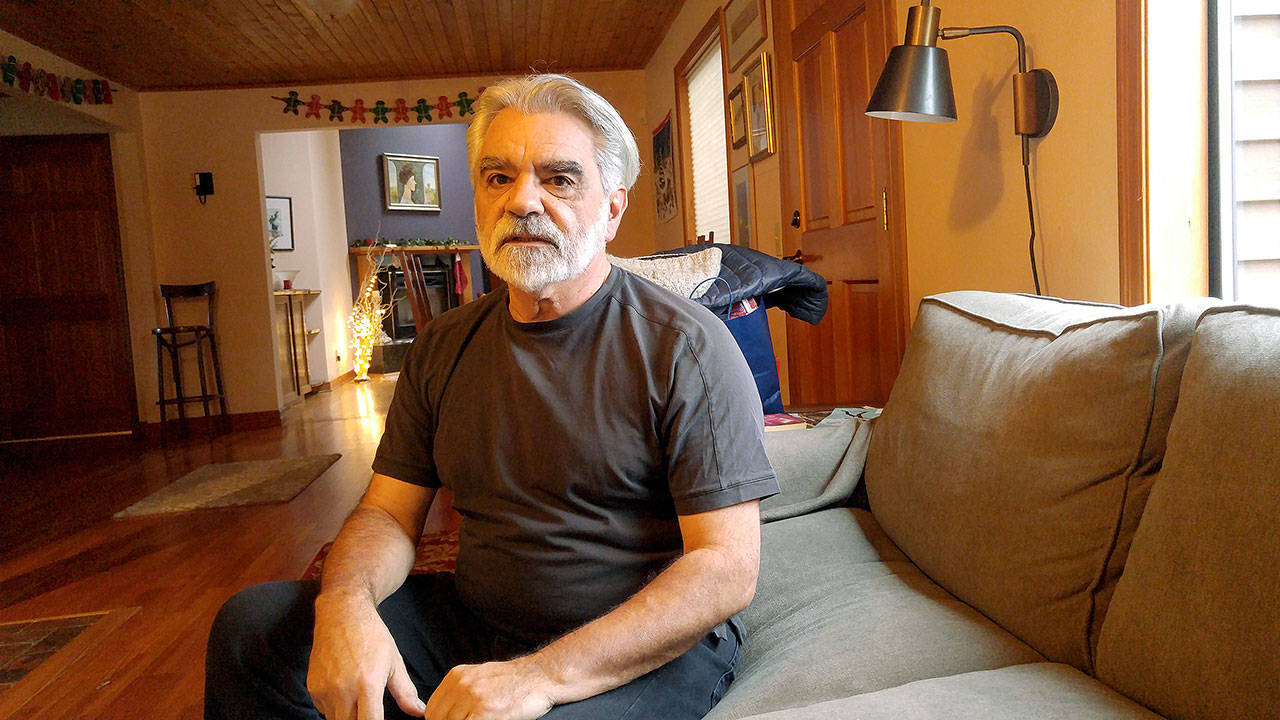Lee Valenta grew up in a closely knit, Italian-American neighborhood in the city of Utica, New York.
It was, he recalls fondly, the sort of place where everybody knew everybody, everybody knew everybody’s business, and the idea of community could stamp itself indelibly on an impressionable kid.
In 1983, he and a partner co-founded Trillium in his adopted hometown, bringing disabled adult communities together with meaningful work and with lives they could call their own.
It was the same spirit he would bring to his decades as general manager of the Auburn Symphony Orchestra, every minute dedicated to bringing the community face to face, ear to ear, with great classical music.
“I absolutely loved it,” Valenta said of the ASO job, from which he retired in 2018. “I love the community, I love Auburn, and I love the concept of a community. What an organization like the Auburn Symphony Orchestra did was give me an opportunity to use my talents or gifts as a community person to connect the community to this wonderful treasure that we have.
“The orchestra works at all levels. It works in terms of bringing classical music, extraordinarily played by great musicians, to people. It works in the sense of trying to engage young people in classical music, trying to present to them something they can aspire to later on. But perhaps the most intangible thing is bringing the community something that is so special, something that coincides with their idea of culture and quality of life and the arts,” Valenta said.
Valenta is the first one to concede it has been a community effort, aided by dedicated volunteers and many others.
“Historically, there’s always been that commitment from past mayors and past City Council members to the Auburn Symphony because they all recognize the value to the community,” Valenta added.
For everything Lee Valenta helped bring to Auburn in the last 20 years, the Auburn Reporter has named him its Person of the Year for 2018.
Some may not know this, but in addition to the orchestra, its conductor and its army of volunteers, for years the now-21-year-old orchestra years only had Valenta and one other paid staff member to sell tickets, deal with the conductor and the musicians, raise money, work with education programs and sell the product.
“One of the great attractions of the job was that there were so many different things to do, I didn’t have to do the same thing all the time. The downside was, of course, there were so many things to do,” Valenta said.
One of the jobs, of course, was to sell the product to the community, but, Valenta concedes, when your product is something as great as a top-flight orchestra playing great classical music to Auburn residents, it’s easy.
One of his proudest moments was helping to bring in Wesley Shultz as the new conductor after Kershaw unexpectedly stepped down in 2015.
Valenta, who does not play a musical instrument, describes the moment that opened up his soul to classical music.
“When I was a teacher, I had two friends who were strong supporters and attenders of the Chicago Symphony with Sir George Solti as the conductor. They asked me if I would go one day that she couldn’t. I said, ‘sure.’ It happened to be one of the greatest works of all time, Mahler’s second symphony called The Resurrection. It was extraordinary. It’s got a choir, soprano singers and a massive orchestra. I’m fairly emotional and an outgoing, responsive person, and at the end of the thing, I, who had never been to a concert before, leaped out of my seat, screaming and shouting. It was not anything that I was in control of,” Valenta recalled.
A couple of record acquisitions later, he was hooked for good.
“I sit in the balcony and watch, and what never ceases to amaze me about an orchestra is the capacity of 65 to 70 people to come together and make it all sound incredible. I am always in awe of the synthesis of the whole thing,” Valenta said.
Valenta’s gig has never been about making a pile of money, it has always been about that community thing, about making connections.
When he was a teacher in his early 20s, Valenta introduced high school students to Italian, German and French.
In the 1990s, Josie Emmons, former cultural programs coordinator for the City of Auburn, made a practice of bringing the Seattle Symphony Orchestra to Auburn once or twice a year to perform for the local crowd.
In 1997, Emmons persuaded her friend, Stewart Kershaw, conductor of the Pacific Northwest Ballet, to bring his musicians out of the pit and onto the main stage, and the Auburn Symphony Orchestra was born.
Valenta began his work for the non-profit as an unpaid, volunteer board member, and six months in, as its volunteer, general manager.
Ten years in, the board hired him. His only stipulation was that it take the $36,000 salary it was offering him and split in two so it could bring on board a second person.
Today Valenta – who still accepts a few “consulting gigs” in his work with disabled communities – and his wife, former Trillium director and Auburn City Councilmember Patricia Borden, are building a tiny house out back of their Lake Tapps home, travelling, enjoying the good life.
Working mainly, Valenta says, to “find the rhythm of retirement.”
This past summer, the board named Rachel Woolsey as the new executive director of the Auburn Symphony Orchestra.



